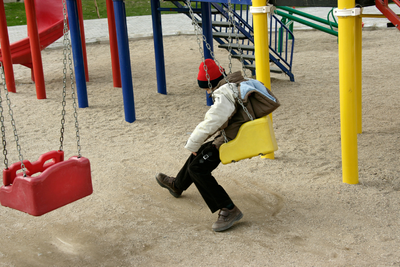Light physical activity shows great promise in reversing childhood obesity caused by being sedentary
Increased sedentary time from childhood through young adulthood caused increased body fat and abdominal fat in a new follow-up study. However, the results also showed that light physical activity (LPA) may completely reverse the adverse process. Moderate-to-vigorous physical activity (MVPA) may only reduce the effect. The study, published in Nature Communications, was conducted in collaboration between the universities of Bristol and Exeter, University of Colorado and the University of Eastern Finland.


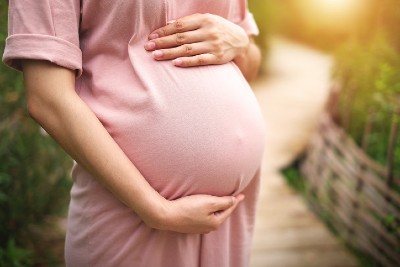

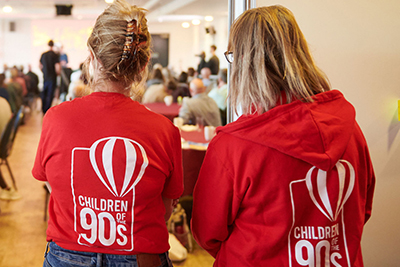
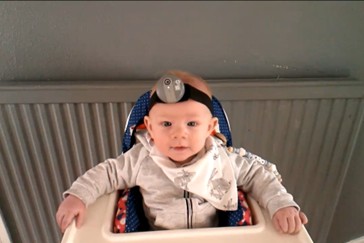
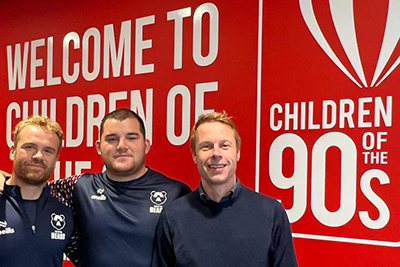

.png)
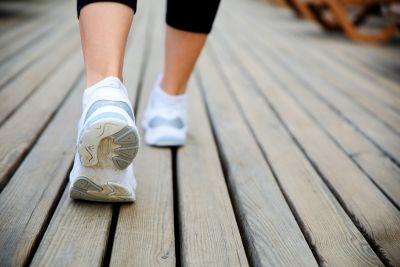




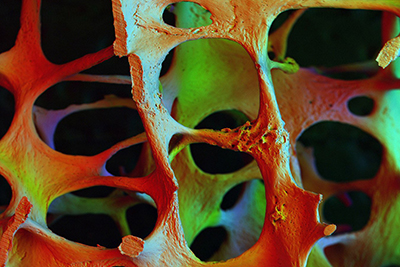


.png)

.png)
.png)

